The Church of England’s catechism begins ‘What is your name?’ The old Presbyterian catechism favoured in Scotland asked a better, sterner question: ‘What is the chief end of man?’ The difference is telling and, in this general election, illuminates something useful about the differences between politics north and south of the Tweed. Nicola Sturgeon is a populist, certainly, but she is offering something stronger on the side. If England’s election offers a meek choice between Cameron and Miliband, Scotland’s is a faith-based affair.
The answer to the catechism’s question, in these irreligious days, appears to be that man’s chief end is to glorify Scotland and enjoy her for ever. It is not, I think, coincidental that the rise of the Scottish National Party and the decline of the Church of Scotland as the dominant force in Scottish life are roughly coterminous. The kirk was, for centuries, a guarantor and defender of a distinct Scottish sensibility. Today that role has been taken by the SNP.
In other words, the decline of a distinct cultural embodiment of Scottishness created space for the rise of distinct Scottish political sensibility. Other factors — North Sea oil, Mrs Thatcher, the European Union — played a part, but the SNP’s success lies in its ability to persuade Scots that it alone ‘stands up for Scotland’. Real Scots vote SNP; apostates vote for unionist parties. On such basis, an intoxicating blend of nationalism and populism, polls suggest the SNP oculd win as many as 50 of Scotland’s 59 constituencies. Labour MPs are in despair. There are still voters who will tell canvassers they intend to vote Labour; there are many fewer who will do so while looking you in the eye.
In any case, how do you defeat a faith-based party whose voters are animated by quasi-religious zealotry? Labour argue that the SNP’s preference for ‘full fiscal autonomy’ — a kind of independence within the UK — would leave Scotland’s finances with a £7.6 billion ‘black hole’ to be filled by savage spending cuts, tax rises or a combination of the two. Stewart Hosie, the deputy leader of the SNP, says this is ‘irrelevant’.
Never mind that these calculations are based on the Scottish government’s own figures. Voters don’t care. They say you can prove anything with numbers. One of the unforeseen consequences of last year’s referendum campaign has been that it discredited elementary economics.
The ‘Better Together’ campaign ran an astringent, numbers-based campaign. It found enough ‘unanswered questions’ to carry the day but it implied that, if the numbers were different, the case for independence would be unanswerable. Very well, then, voters are saying, let us believe in different numbers.
This helps explain why, according to YouGov, 56 per cent of SNP voters believe collapsing oil prices are ‘neither good nor bad’ for Scotland. It helps explain why so many Scottish voters are prepared to buy the idea that Scotland contributes more, per capita, in tax revenue than the UK average while ignoring the inconvenient reality that it also receives much more per capita than it contributes. These too are just numbers.
Besides, the idea is that life after independence would be better. In that respect, today’s statistics and forecasts really are irrelevant. The old rules and realities will no longer apply. Anything could happen! And it would all be good.
This is how you construct a cocoon into which no daylight may intrude. Everything agreeable will be even better after independence; everything problematic will be solved. Voters crave change. The referendum campaign offered a bigger, better kind of politics and Scots are understandably reluctant to let their dreams fade away.
Meanwhile, reason can go hang. Alex Salmond bonnily declares that the ‘no detriment’ clause in the Smith Commission proposals means Scotland’s fiscal position cannot be weakened by full fiscal autonomy. Never mind that the Smith Commission proposals have nothing to do with fiscal autonomy and cannot referee a different set of constitutional developments. To disagree with the SNP, Nicola Sturgeon reminded us at the weekend, is to ‘talk Scotland down’.
Politics is now governed by identity and faith. The less British any Scottish resident feels, the more likely they are to vote SNP. Moreover, if you voted ‘yes’ last September it would be illogical to vote for any unionist party this May. The national question dominates all others and, more than ever, Scotland’s political tribes are talking past each other. For both, it is a question of belief and, most importantly, also of justification by faith alone.
Got something to add? Join the discussion and comment below.
Get 10 issues for just $10
Subscribe to The Spectator Australia today for the next 10 magazine issues, plus full online access, for just $10.
Alex Massie is The Spectator’s Scotland editor, and blogs regularly at spectator.co.uk/alexmassie.
You might disagree with half of it, but you’ll enjoy reading all of it. Try your first month for free, then just $2 a week for the remainder of your first year.


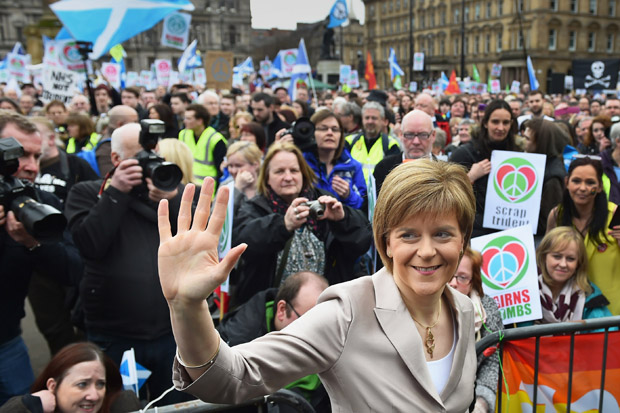

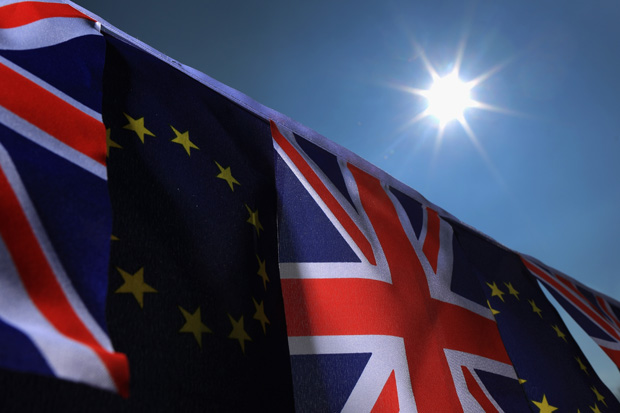
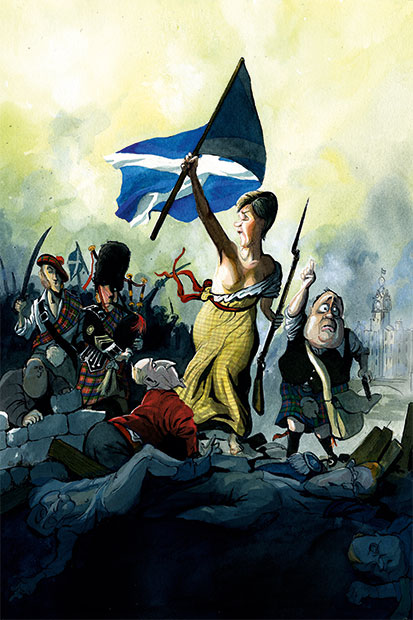
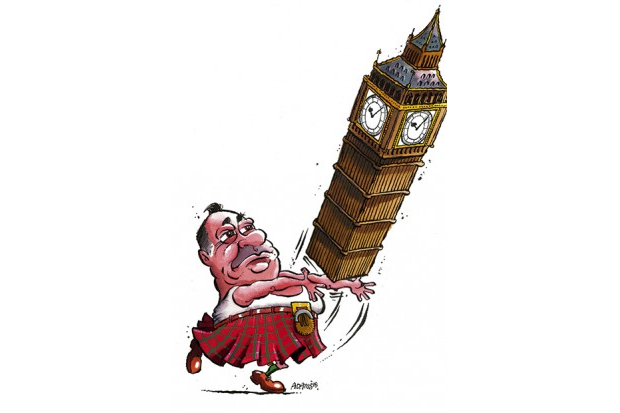
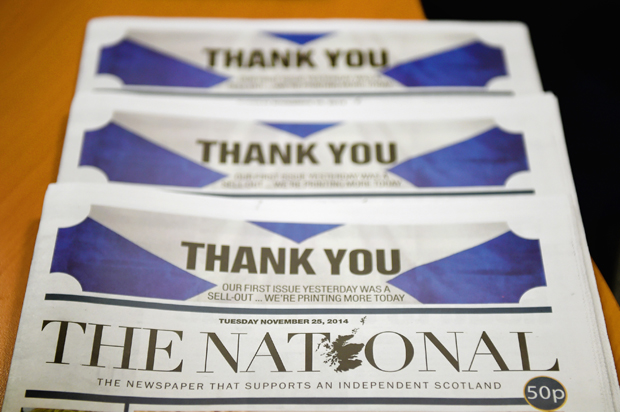
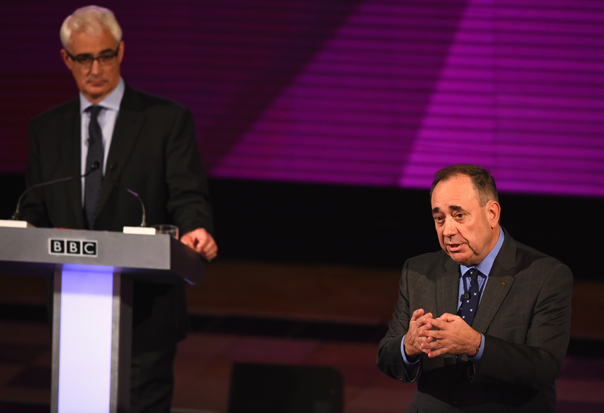







Comments
Don't miss out
Join the conversation with other Spectator Australia readers. Subscribe to leave a comment.
SUBSCRIBEAlready a subscriber? Log in